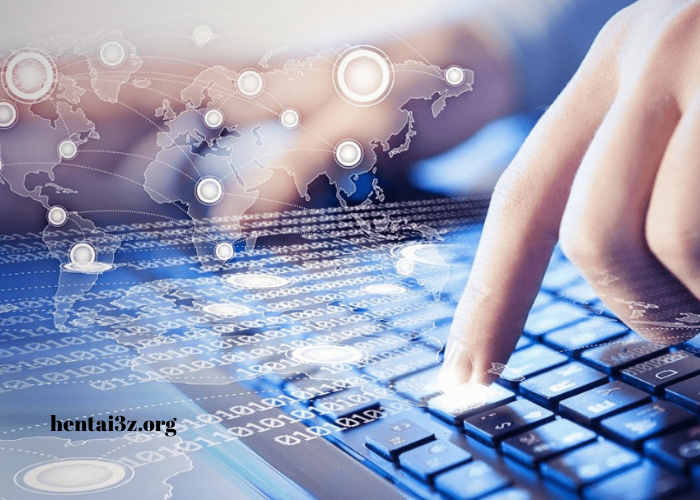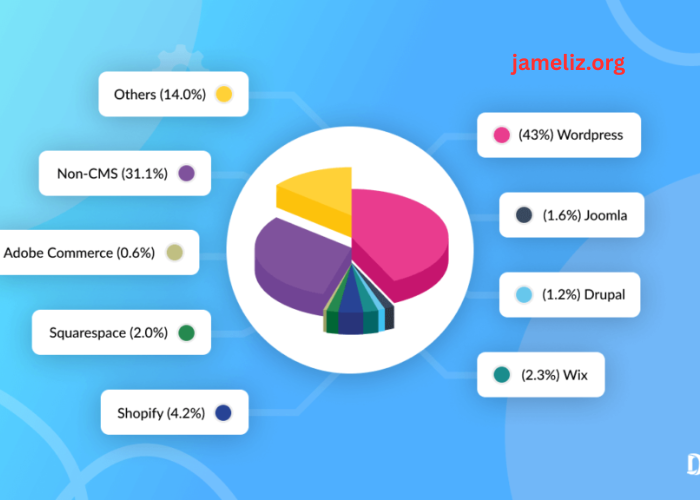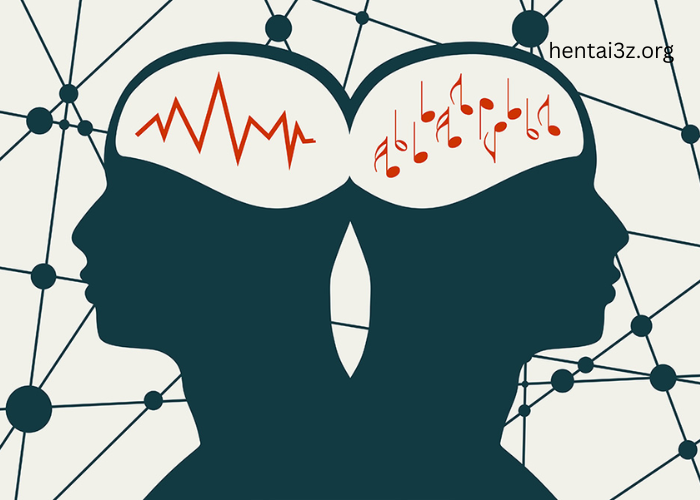In the rapidly evolving landscape of technology, staying abreast of cutting-edge solutions is crucial for organizations seeking to maintain a competitive edge. The relentless pace of technological innovation is transforming industries, creating new opportunities, and addressing long-standing challenges. This article explores the emerging trends in technological excellence, providing insights into how these advancements are shaping the future.
The Rise of Artificial Intelligence and Machine Learning
Artificial Intelligence (AI) and Machine Learning (ML) have transcended their initial roles as niche technologies to become central to business strategy and operations. AI, which encompasses a range of technologies designed to perform tasks that typically require human intelligence, and ML, a subset of AI that focuses on the ability of systems to learn and adapt from experience, are driving significant advancements across various sectors.
AI-powered solutions are enhancing decision-making processes, optimizing operations, and personalizing customer experiences. From predictive analytics that forecast market trends to AI-driven customer service chatbots that provide instant support, the applications of AI are vast and varied. Machine Learning algorithms are being employed to analyze large datasets, uncovering patterns and insights that were previously inaccessible. These advancements are not only improving efficiency but also enabling more informed decision-making.
Quantum Computing: The Next Frontier
Quantum computing represents one of the most transformative advancements in the field of technology. Unlike classical computers that use binary systems (0s and 1s) to process information, quantum computers leverage the principles of quantum mechanics to handle data in a fundamentally different way. This allows them to solve complex problems at speeds that are currently unattainable with classical computing.
The potential applications of quantum computing are profound. In fields such as cryptography, quantum computers could revolutionize data security by rendering traditional encryption methods obsolete. In drug discovery and materials science, they could accelerate research by simulating molecular structures with unprecedented accuracy. While practical quantum computers are still in the developmental stage, their future impact promises to be transformative.
The Internet of Things (IoT): Connecting the World
The Internet of Things (IoT) is a network of interconnected devices that communicate and exchange data with each other. IoT technology is increasingly being integrated into everyday objects, from smart home appliances to industrial machinery. This interconnectedness enables real-time monitoring, automation, and data collection, which can lead to improved efficiency and new business models.
In smart cities, IoT solutions are being used to manage resources more effectively, from optimizing traffic flow to monitoring air quality. In healthcare, wearable devices are providing patients and providers with valuable data that can improve diagnosis and treatment. The ongoing expansion of IoT networks is creating new opportunities for innovation and efficiency across multiple sectors.
Blockchain Technology: Beyond Cryptocurrency
Blockchain technology, originally developed as the underlying framework for cryptocurrencies like Bitcoin, is now finding applications beyond the realm of digital currencies. At its core, blockchain is a decentralized ledger that records transactions across multiple computers in a secure and transparent manner. This ensures that once data is recorded, it cannot be altered without altering all subsequent blocks, which provides a high level of security and integrity.
In industries such as supply chain management, blockchain is being used to track the provenance of goods, ensuring authenticity and reducing fraud. In finance, it is facilitating faster and more secure transactions, as well as enabling the development of smart contracts—self-executing contracts with the terms of the agreement directly written into code. The potential for blockchain technology to enhance transparency and security is driving its adoption across a range of applications.
Augmented Reality (AR) and Virtual Reality (VR): Transforming Experiences
Augmented Reality (AR) and Virtual Reality (VR) are revolutionizing how we interact with digital content and our environment. AR overlays digital information onto the real world, enhancing our perception and interaction with our surroundings. VR, on the other hand, creates entirely immersive digital environments that can simulate real-world experiences or construct entirely new worlds.
In retail, AR is being used to provide virtual try-ons and enhance shopping experiences, allowing customers to visualize products in their own environment before making a purchase. VR is transforming training and education by offering immersive simulations that provide hands-on experience in a controlled environment. The potential of AR and VR to create engaging and interactive experiences is driving their adoption in diverse fields, from entertainment to professional training.
5G Technology: Accelerating Connectivity
The advent of 5G technology is set to revolutionize connectivity by providing faster data speeds, lower latency, and increased network capacity. 5G networks are designed to support a vast number of connected devices, enabling the seamless operation of IoT applications and enhancing the overall user experience.
The impact of 5G extends beyond consumer devices. In industries such as manufacturing and logistics, 5G enables real-time data transfer and communication, facilitating automation and enhancing operational efficiency. The technology also holds promise for advancements in areas such as autonomous vehicles, telemedicine, and smart grids, where reliable and high-speed connectivity is essential.
Ethical Considerations and Challenges
As we embrace these cutting-edge technologies, it is essential to address the ethical considerations and challenges they present. Issues related to data privacy, cybersecurity, and the potential for job displacement are critical concerns that need to be addressed to ensure that technological advancements benefit society as a whole.
Data privacy concerns arise as AI and IoT systems collect and analyze vast amounts of personal information. Ensuring robust data protection measures and transparent practices is crucial for maintaining public trust. Cybersecurity threats are also a significant concern, as advancements in technology can be exploited by malicious actors. Strengthening security protocols and fostering collaboration between organizations and governments is essential for mitigating these risks.
Furthermore, the impact of technology on employment is an ongoing debate. While automation and AI can drive efficiency and innovation, they may also lead to job displacement and require a reevaluation of workforce skills. Investing in education and training programs to prepare individuals for the evolving job market is vital for addressing these challenges.
Conclusion
The landscape of technological excellence is continuously evolving, driven by advancements in AI, quantum computing, IoT, blockchain, AR/VR, and 5G technology. These emerging trends are reshaping industries, creating new opportunities, and addressing complex challenges. As we navigate this dynamic environment, it is crucial to consider the ethical implications and ensure that technological progress benefits society as a whole.
By staying informed about these cutting-edge solutions and their potential applications, organizations and individuals can harness the power of technology to drive innovation, improve efficiency, and enhance their overall quality of life. The future of technological excellence promises to be both exciting and transformative, with the potential to create a more connected, efficient, and intelligent world.




